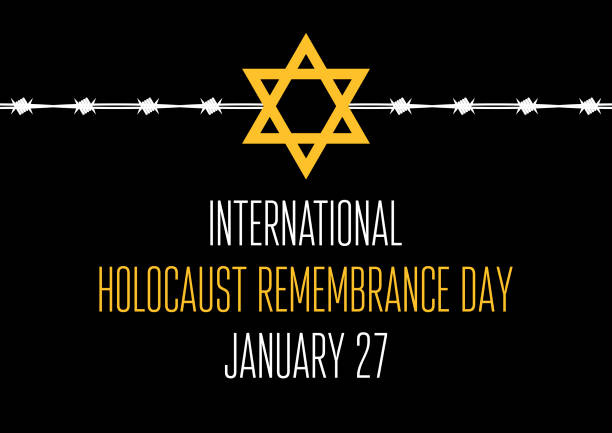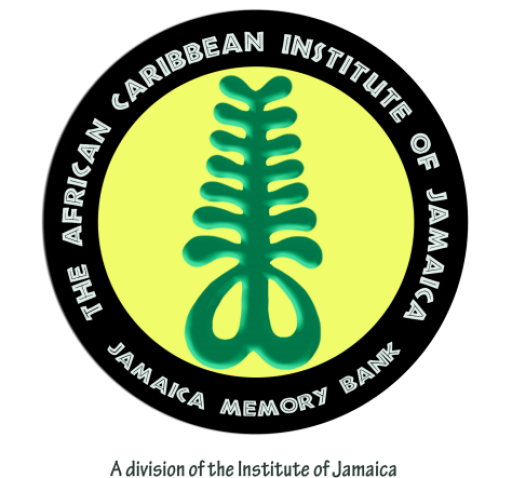By: Marsha M. Hall
“Sometimes we must interfere. When human lives are endangered, when human dignity is in jeopardy, national borders and sensitivities become irrelevant”- Elie Wiesel, Nobel Peace Prize winner, humanitarian and Holocaust survivor

The world has witnessed numerous atrocities of which history will not absolve the agitators or us. Perhaps this is why annually on January 27th, UNESCO honours the remembrance of Holocaust victims and restates its steadfast resolve to combat anti-Semitism, racism, and other forms of prejudices that threatens to incite violence against certain groups of people. More than just a date on UNESCO’s International Days calendar; this day is recognised as the anniversary of the liberation of Nazi Concentration and Extermination Camp at Auschwitz-Birkenau on January 27, 1945 by Soviet-led troops. Officially declared by the United Nations General Assembly in November 2005 as International Day of Commemoration in Memory of the Victims of the Holocaust, the day is designated as an opportunity to inform, educate and dispel distortions about the Holocaust. A significant aspect of the day is to intentionally and purposefully promote Holocaust education globally.
To observe this important date members of the global community cannot remain silent or become bystanders when injustices and horrors of such magnitude are committed. With the shared stories of survivors and memorials from museums to the camps some of which stands today as a living monuments. The liberation of Auschwitz speaks to a defining moment in the world and a legacy which history can never allow to be forgotten or repeated. Six million Jewish children, men and women were senselessly massacred, unjustly targeted by the Nazi regime and their supporters. However, we should be conscious that it was not only Jews who were persecuted, but persons with disabilities, Jehovah’s Witnesses, and other minorities. The Holocaust was trans-boundary, extending to other European countries inhabited by the Jewish community and occupied by the Nazi criminal forces. So, in combating anti-Semitism and hate crimes it is critical for world leaders and ordinary citizens to actively engage in discussions while creating visible networks that sensitize the public while raising awareness and foster community.
Undoubtedly, International Day of Commemoration in Memory of the Victims of the Holocaust is truly a solemn day and “remembrance is certainly a choice, one that the African Caribbean Institute of Jamaica/ Jamaica Memory Bank does not take lightly given our own ancestors inhumane treatment under the repressive and violent system of slavery. Our common traits as human beings rest in our abilities to defy the odds and resist -like many individuals, partisans, Jewish resistance groups and organisations did with courage despite the dangers. Today the world join hands to honour the memory of Holocaust victims and enact laws that prevent such turbulent history is never repeated.
Sources:
Leyen, Ursula Gertrud von der, January 26, 2023. “International Day of Holocaust Remembrance.” European Commission. https://ec.europa.eu/commission/presscorner/detail/en/STATEMENT_23_345
Reilly, Katie. Read Elie Wiesel’s Nobel Peace Prize acceptance Speech, Time Magazine. July 2, 2016. https://time.com/4392267/elie-wiesel-dead-nobel-peace-prize-speech/
United Nations Educational, Scientific and Cultural Organisation, “International Day of Commemoration in Memory of the Victims of the Holocaust,” Accessed January 24, 2024. https://www.unesco.org/en/days/holocaust-remembranceUnited Nations General Assembly. November 21, 2005. “Resolution adopted by the General Assembly on 1 November 2005.” 42nd plenary meeting. https://documents-dds-ny.un.org/doc/UNDOC/GEN/N05/487/96/PDF/N0548796.pdf?OpenElement
